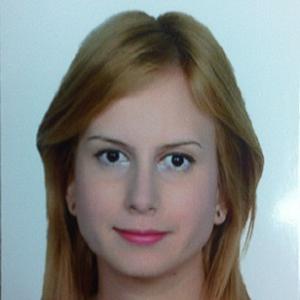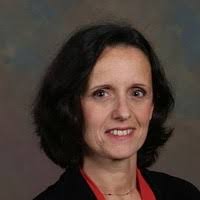
Title
Study and development of wireless sensor network architecture tolerant to delays
Abstract
Transport has become fundamental in the cities to the well functioning of the economy and the welfare of the city population. For several years, transportation faces many issues such as traffic jamming, high accidents rate, unhealthy life due to smoke and dust, air pollution as a result of carbon emission, etc. To deal with these matters, researches integrate digital technologies to ground transportation which is known as Intelligent Transport System (ITS). ITS can sense, analyze, collect, control and communicate different data. This thesis investigates and proposes a new protocol for data collection applications in an urban environment.
We make three main contributions: firstly, we propose a new protocol denoted the “Internet of Bikes” IoB-DTN protocol which applies Delay/Disruption Tolerant Network (DTN) paradigm to the Internet of Things (IoT) applications running a data collection application on urban bike sharing system based sensor network. The protocol is evaluated on a realistic scenario by assessing the buffer management policies, the number of copies sprayed in the network as well as the number of bicycles used. Secondly, a comparative evaluation of the performance of the multi-hop IoB-DTN protocol with a low-power wide-area network (LPWAN) technology, LoRa/LoRaWAN type is investigated. LPWAN have been designed to provide cost-effective wide area connectivity for small throughput IoT applications: multiyear lifetime and multikilometer range for battery-operated mobile devices. This part of our work aims at providing network designers and managers insights on the most relevant technology for their urban applications that could run on bike sharing systems. Finally, we propose an efficient IoB-DTN protocol based on data aggregation mechanism. We propose three variants of IoB-DTN: IoB based on spatial aggregation (IoB-SA), IoB based on temporal aggregation (IoB-TA) and IoB based on spatio-temporal aggregation (IoB-STA). We compare the three variants with the multi-hop IoB-DTN protocol without aggregation and the low-power long-range technology, LoRa type. Comparison results verify that the three variants of IoB-DTN based on data aggregation improve several metrics such as the delivery rate, energy consumption and throughput.
Jury
- Nathalie MITTON, Directrice de recherche Inria, Rapporteure
- Mohamed MOSBAH, Professeur des Universités, Bordeaux INP, Rapporteur
- Bertrand DUCOURTHIAL, Professeur des Universités, UTC, Examinateur
- Alexandre GUITTON, Professeur des Universités, Clermont Auvergne, Examinateur
- Hervé RIVANO, Professeur des Universités, INSA Lyon, Co-directeur de thèse
- Aref MEDDEB, Professeur des Universités, ENISO Sousse, Directeur de thèse



